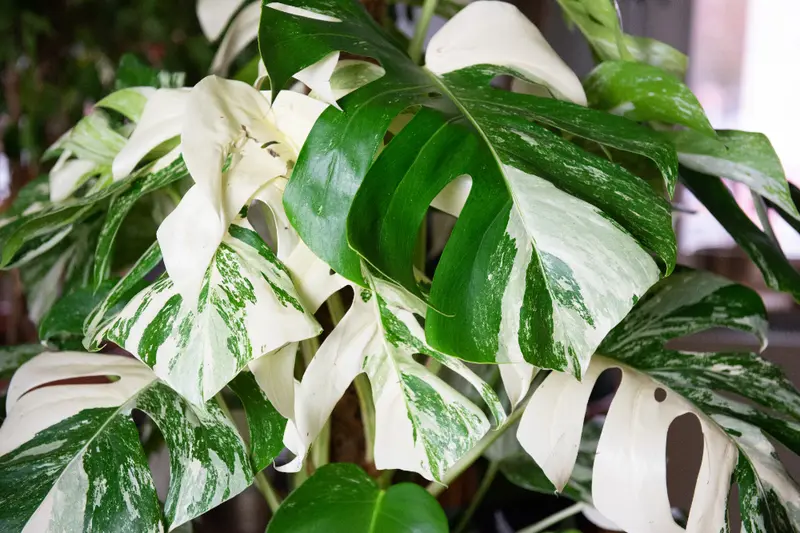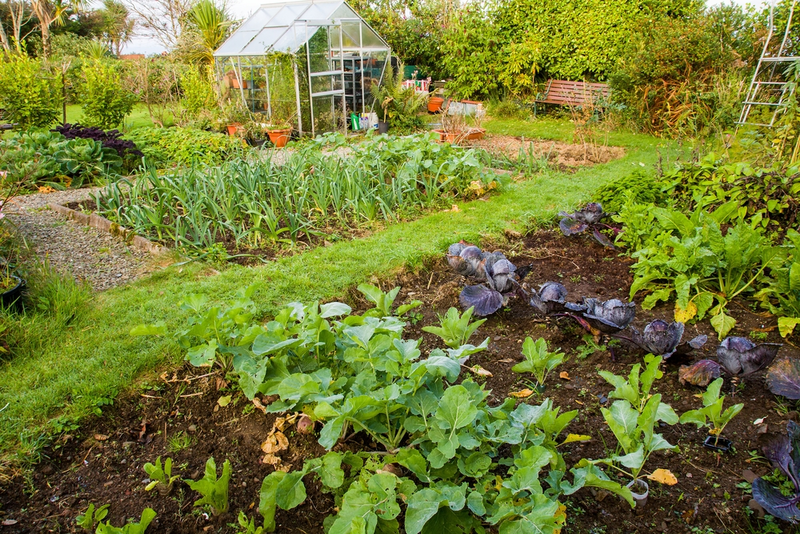Harvesting your own home-grown food is one of the joys of gardening, whether you grow your vegetables in an allotment, a kitchen garden, or simply in pots on your patio. Get the best from your plants with our tips for successful harvests.

Kitchen garden tips for a successful harvest
-
Start with the soil. Work out what kind of soil you have – heavy clay, sandy, or somewhere in between – and test the pH to determine whether it's alkaline or acidic. This will help you decide which crops will grow best in your garden.
-
If you're still deciding where to locate your kitchen garden, give it as much sunshine as possible. Most fruit and vegetables need at least six hours of sunlight daily to perform at their best.
-
Mulch the soil annually in autumn or spring with a thick layer of organic material such as well-rotted farmyard manure, garden compost, or leaf mould. This mulch will be gradually worked into the soil to improve its structure, helping heavy soils to drain better and lighter soils to retain moisture.
-
Protect young seedlings from slugs and snails by starting them off in pots in a greenhouse or cold frame or indoors on a sunny windowsill. Plant them out when the plants are larger and better able to survive the loss of a few leaves to a passing slug. If your kitchen garden is small enough, do a regular late-evening patrol armed with a flashlight and bucket, and pick off any slugs and snails you find.
-
Weed regularly. Weeds compete with your plants for water and nutrients and can harbor aphids that can transmit diseases. Tackle annual weeds by running a Dutch hoe over the soil on a dry day. The hoe cuts off the weeds just below the soil surface, and they can be left on the ground to wither.
-
Net brassicas like kale and broccoli to stop cabbage white butterflies from laying eggs on the leaves, which hatch into caterpillars with voracious appetites! It's also a good idea to regularly check the leaves' undersides to ensure nothing has slipped through the netting.

-
Try companion planting – the jury's still out on how much it helps, but it's worth experimenting in your own garden. French marigolds are said to repel greenflies from tomatoes. Umbellifers (plants with flattened flowerheads) like achillea attract ladybugs and lacewings, which help to control aphids, and bee-friendly plants like lavender and borage will bring pollinators to your garden, boosting your harvest.
-
Intercropping is a great way to make the most of a small plot. Grow fast-growing crops like radishes or lettuces between the rows of slower-growing, wider-spaced plants like Brussels sprouts. The faster crops will be ready to harvest long before the slower plants get big enough to take up all the space.
Whether you're just starting out in your kitchen garden or you're an old hand at growing your own, you'll find everything you need in our center, so come in and see us! Check our opening hours on our contact page.




